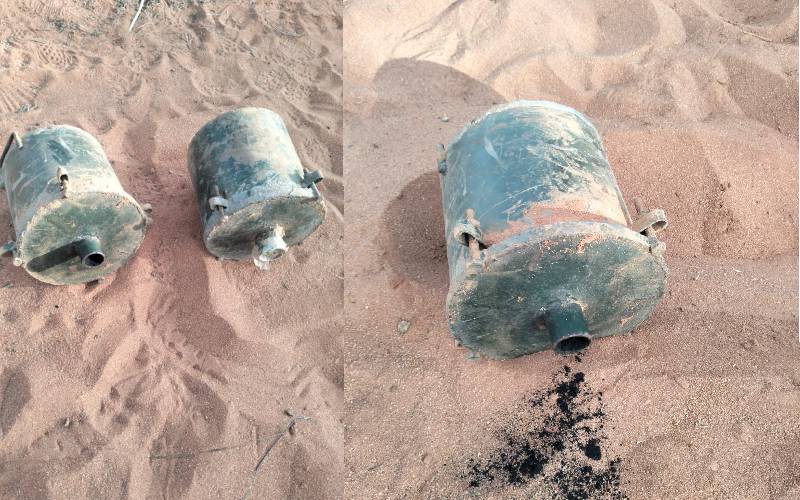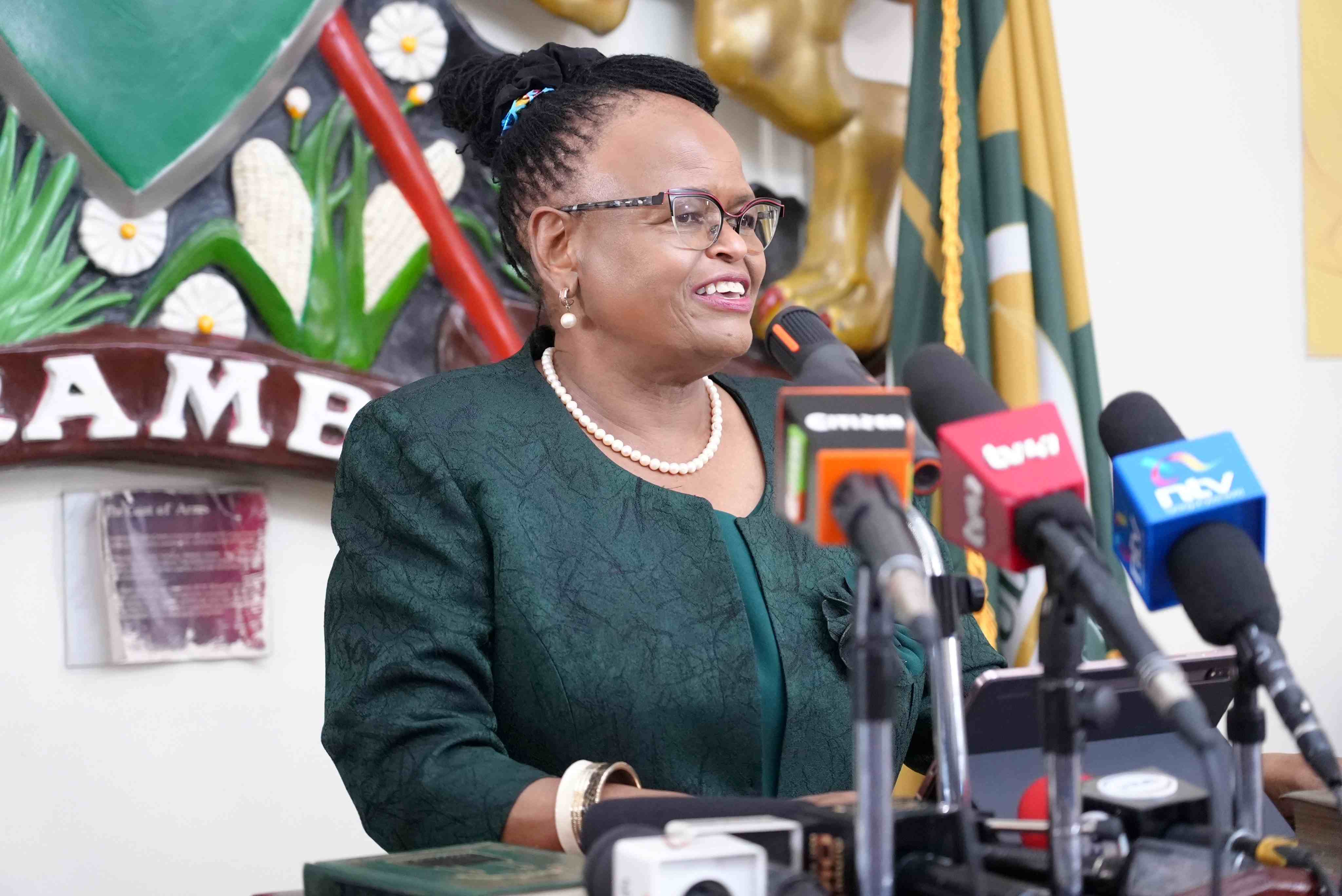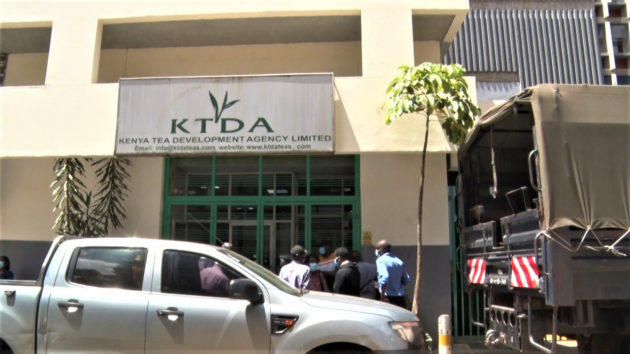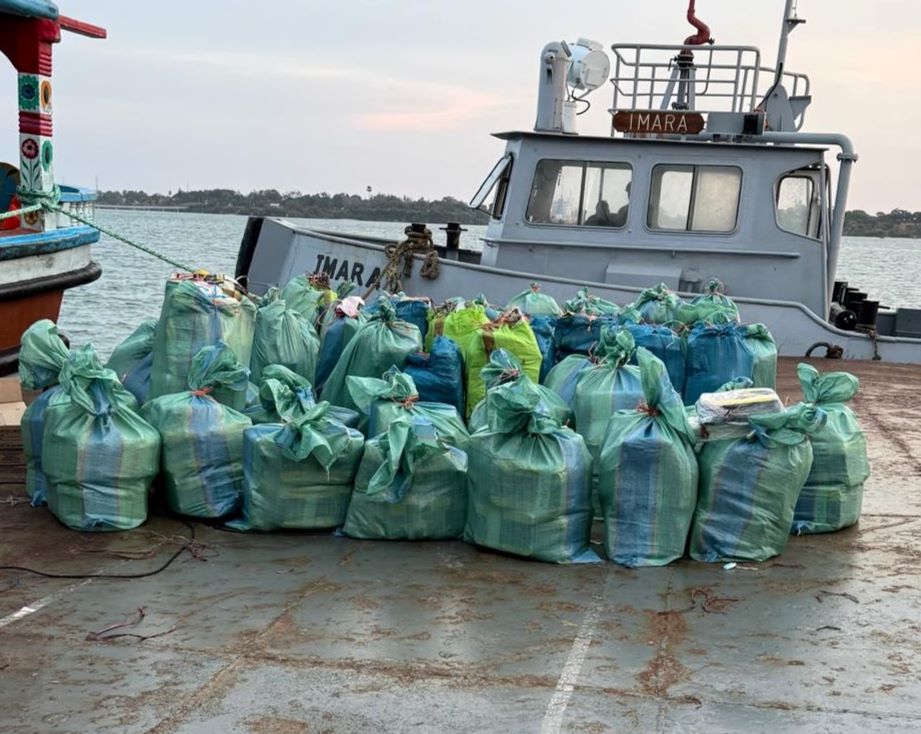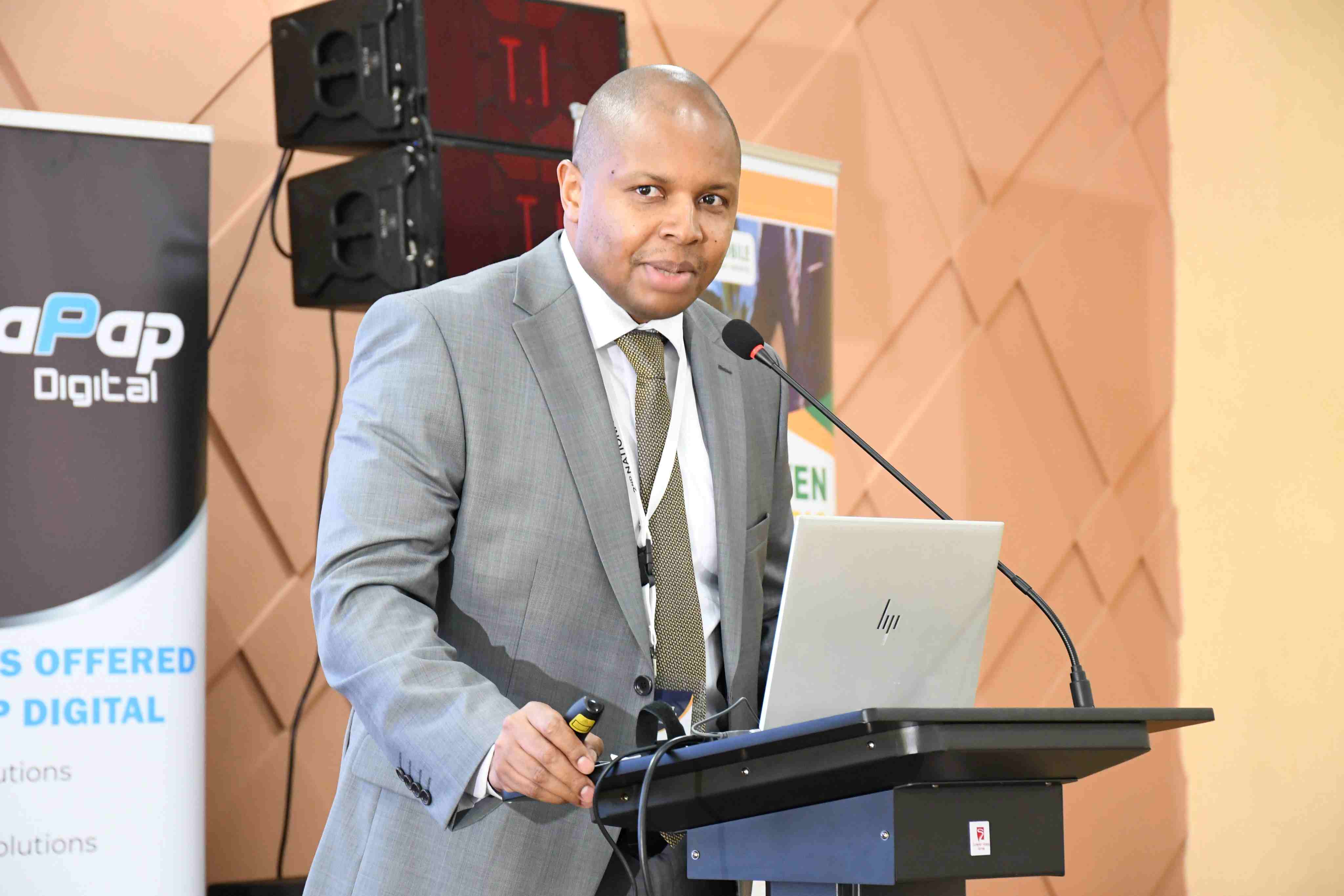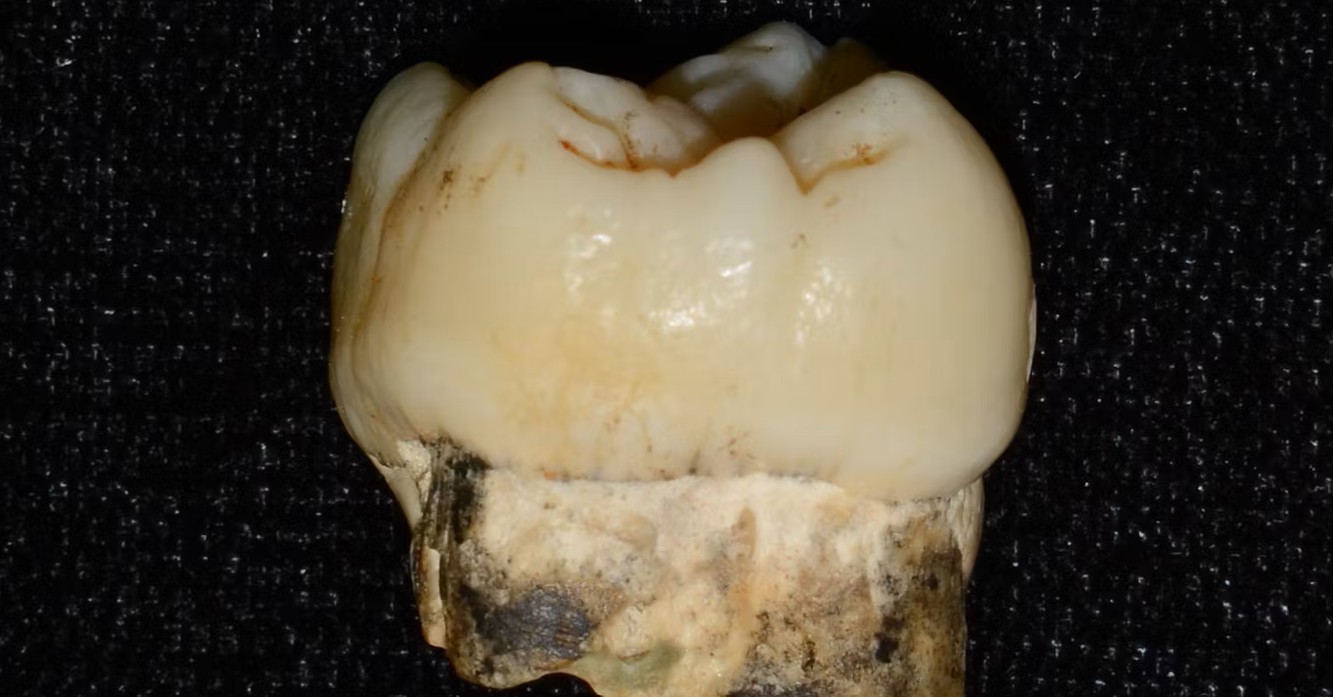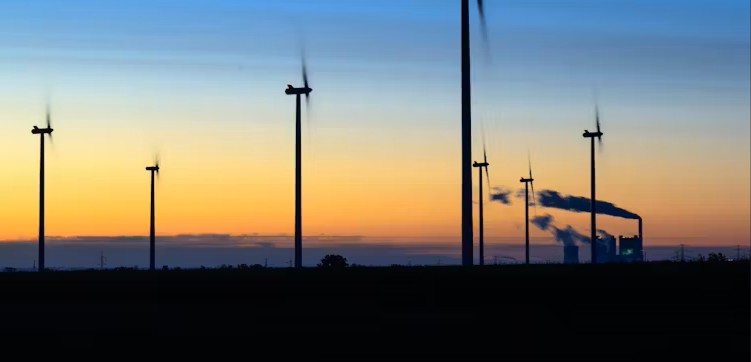Parastatals’ unchecked borrowing fuelliing Sh2.9 billion debt, Auditor General warns
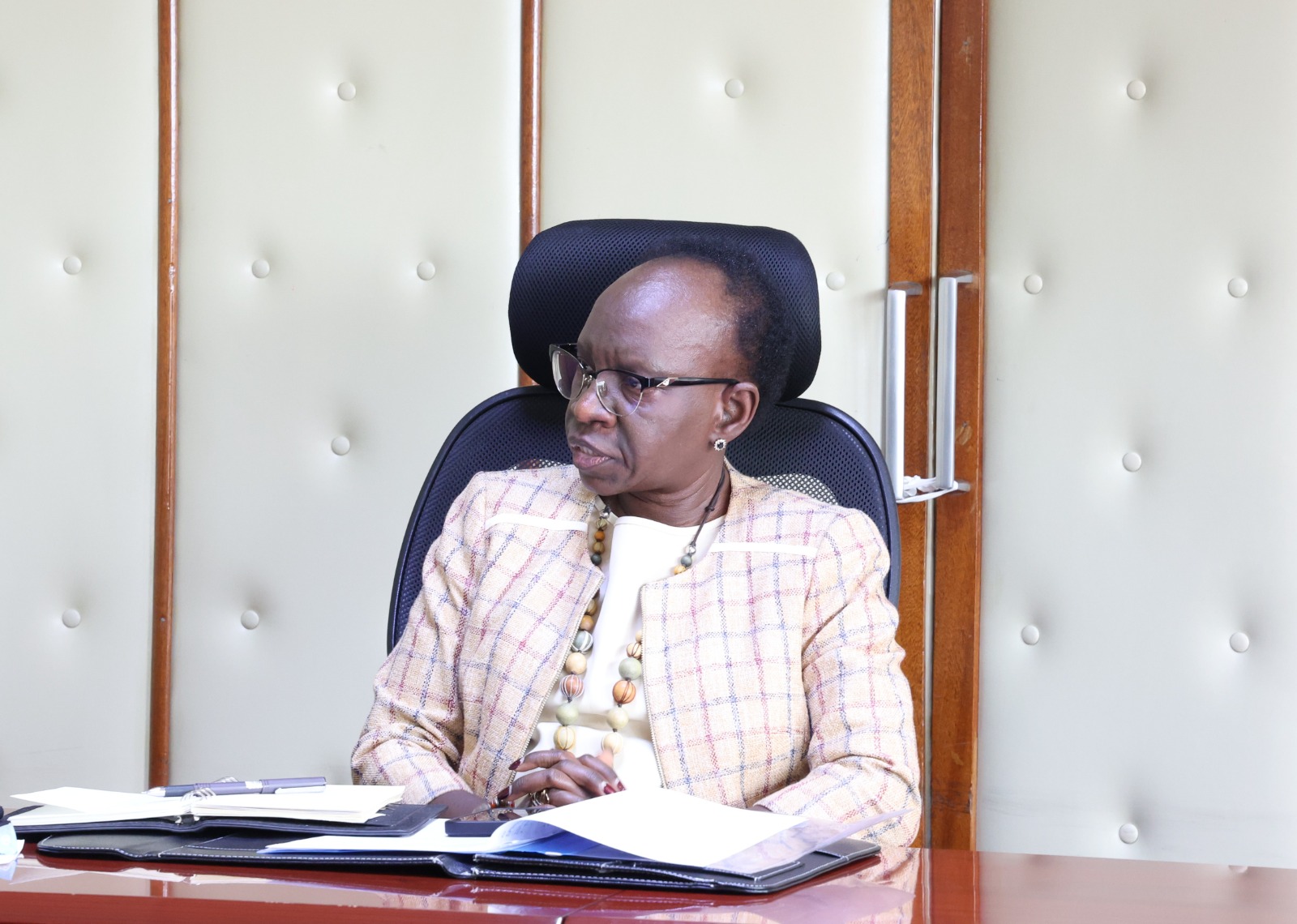
Authority, and Lake Victoria North Water Works Development Agency each defaulted three times on loans of Sh2.79 billion, Sh2.5 billion, and Sh4.4 billion, respectively.
Kenya’s 35 state-owned enterprises (SOEs) continue to take on loans despite failing to repay existing ones, exposing gaps in government oversight and leaving taxpayers with a growing debt burden of Sh2.95 billion, Auditor General Nancy Gathungu has revealed.
Her 2023/2024 financial year report highlights repeated defaults that have added pressure on public finances and amplified the risk of rising national debt.
More To Read
- Auditor faults UDA for lacking proof of Sh2 billion land assets
- Billions locked in stalled county projects across the country - CoB Margaret Nyakang'o
- Civic groups urge Parliament to reform state-owned enterprise laws
- MPs grill SHA over Sh91m legal costs, disputed Karen land and stalled NHIF projects
- Auditor General flags CBK for hiring unqualified managers, ignoring HR Policies
- Maraga vows to sack loss-making parastatal chiefs if elected President
Seven SOEs were identified as the worst defaulters, having missed repayments between two and eight times since 2011.
Athi Water Works Development Agency tops the list, failing to repay a Sh35.4 billion loan eight times. Central Rift Valley Water Works Development Agency, Coast Water Works Development
Authority, and Lake Victoria North Water Works Development Agency each defaulted three times on loans of Sh2.79 billion, Sh2.5 billion, and Sh4.4 billion, respectively.
The National Water Harvesting and Storage Authority and the Water Works Development Agency also defaulted three times on Sh1.89 billion and Sh4.1 billion loans, while Tana Water Works Development Agency failed to service a Sh1.7 billion loan.
As of June 30, 2024, loans advanced to all 35 SOEs across agriculture, energy, finance, health, transport, and water sectors totalled Sh874.9 billion, representing 17 per cent of Kenya’s external debt of Sh5.12 trillion.
“State Owned Enterprises have, over the years, defaulted on repayment of on-lent loans, resulting in the accumulation of unpaid principal, interest, and penalties. This has not only deteriorated the financial health of these entities, but also shifted the repayment burden to the National Government, and ultimately increased fiscal pressure on public debt servicing,” the report said.
The Auditor General highlighted that repeated defaults have constrained government budgets, forcing reliance on additional borrowing and cuts across public entities.
“A performance audit on on-lent loans was therefore necessary in order to assess the management and recovery of the loans.”
A key concern raised in the report is weak oversight of loan agreements.
Many SOEs failed to involve the National Treasury, through the Department of Government Investments and Public Enterprises (D-GIPE), during negotiations.
The report found that credit risk assessments to determine repayment ability were largely ignored before loans were issued.
“D-GIPE was therefore not playing a role in determining the SOEs eligible for on-lent loans,” the Auditor General said. The department, tasked with setting policies for fiscal and financial management of SOEs, was only brought in after negotiations had concluded, when subsidiary loan agreements were drafted.
This oversight gap meant loans were issued to entities without proper evaluation, increasing the risk of default. “As a result, loans were advanced to SOEs with weak financial standing and history of default, leading to increased risks of non-repayment and accumulation of on-lent loan arrears,” Gathungu said.
The Water and Sanitation Development Project, signed on March 14, was cited as an example where D-GIPE was not invited to nominate representatives for negotiations.
The Auditor General noted that such omissions show loan agreements are often concluded without Treasury oversight or verification of repayment capacity.
Gathungu concluded that persistent loan defaults have weakened the financial position of SOEs, forced the government to shoulder repayment obligations, and placed further strain on the national budget.
She emphasised the urgent need for stronger risk assessments and enforcement measures to protect public funds from further exposure to defaulting parastatals.
Top Stories Today
